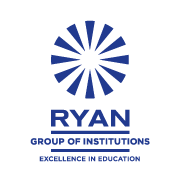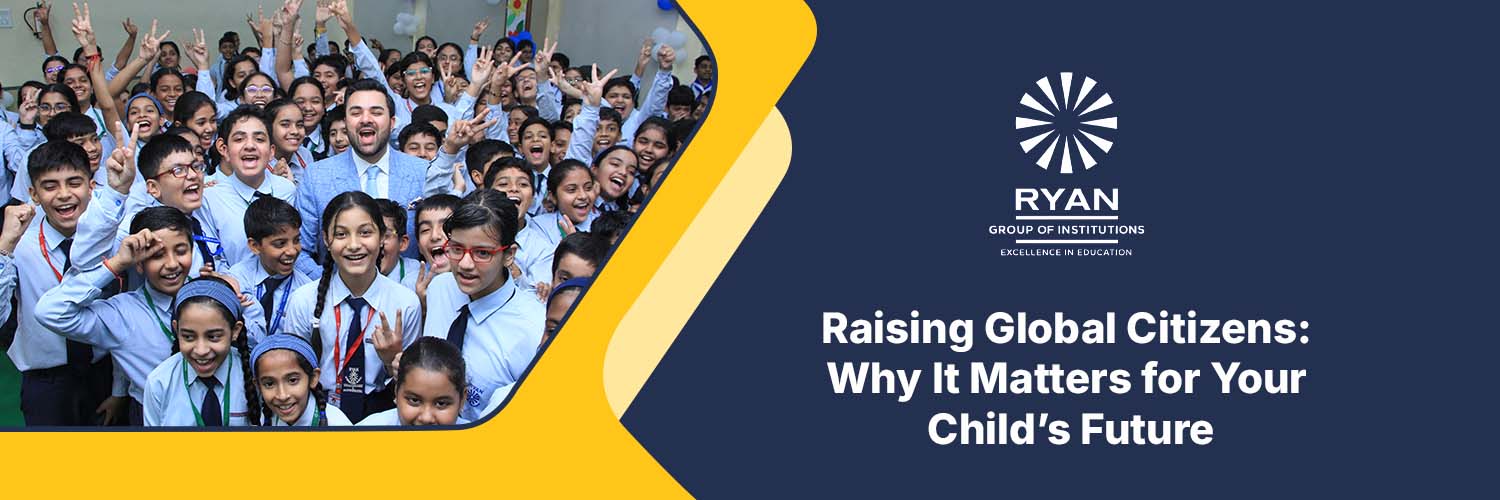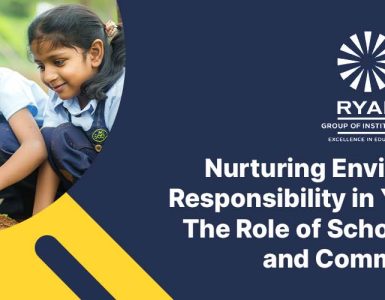What Is Global Citizenship?
Traditionally, citizenship refers to belonging to a country or city and participating in its collective political and social life. However, with globalization, national boundaries have blurred. Migration, digital technology, and the internet have connected people across continents, reshaping how we see identity and belonging.
Today, the world faces challenges—climate change, inequality, sustainable development, poverty—that no single nation can solve alone. These issues demand cooperation beyond borders. That’s where global citizenship comes in. It is the belief that we are part of a greater global community, connected not just by nationality or ethnicity, but by shared responsibility for humanity and the planet.
Why Is Global Citizenship Important for Children?
Children today are tomorrow’s leaders. In fact, leadership knows no age limit—icons like Greta Thunberg, Malala Yousafzai, Mikaila Ulmer,Riya Karumanchi, Mya-Rose Craig and many more have shown that even young voices can inspire global change.
In the past, education—especially in India—focused on building a career and earning a livelihood. While important, this alone is no longer enough. To thrive in an interconnected world, children need:
- Awareness of global issues
- A mindset that embraces cultural diversity
- The confidence to express their views freely
- The ability to collaborate across borders while respecting their own cultural roots
- Schools play a vital role here. While families instill native values at home, schools are best placed to broaden children’s horizons and nurture a truly global outlook.
Key Aspects of Global Citizenship Education
- Improved Curriculum
Schools should introduce students—right from the primary level—to topics such as human rights, geopolitics, climate change, and economic inequalities. These lessons build awareness of how the world is interconnected.
- Universal Values-Based Learning
Empathy, respect, responsibility, and open-mindedness are essential. Children must learn to appreciate different perspectives, find common ground, and express their views respectfully while working with peers from diverse backgrounds.
- Critical Thinking and Expression
Encouraging original thinking helps children form independent opinions. Equally important are opportunities to express those thoughts—through classroom discussions, interschool debates, and global forums like the Model United Nations (MUN). Such platforms sharpen their leadership, communication, and problem-solving skills.
A Ryanite Role Model: Licypriya Kangujam
Ryan International School, Noida student Licypriya Kangujam is a shining example of a young global citizen. A passionate climate activist, she has addressed world leaders at prestigious platforms such as:
- 2019 UN Climate Change Conference, Madrid
- World Economic Forum & Earth Day 2020, Washington D.C.
- COP28, Dubai (2023)
Her efforts have inspired more than 1,000 private schools worldwide to introduce climate education. Recognized with honors like the Global Child Prodigy Award 2020 and the SDGs Ambassador Award 2019, Licypriya proves the power of young voices in shaping a better world.
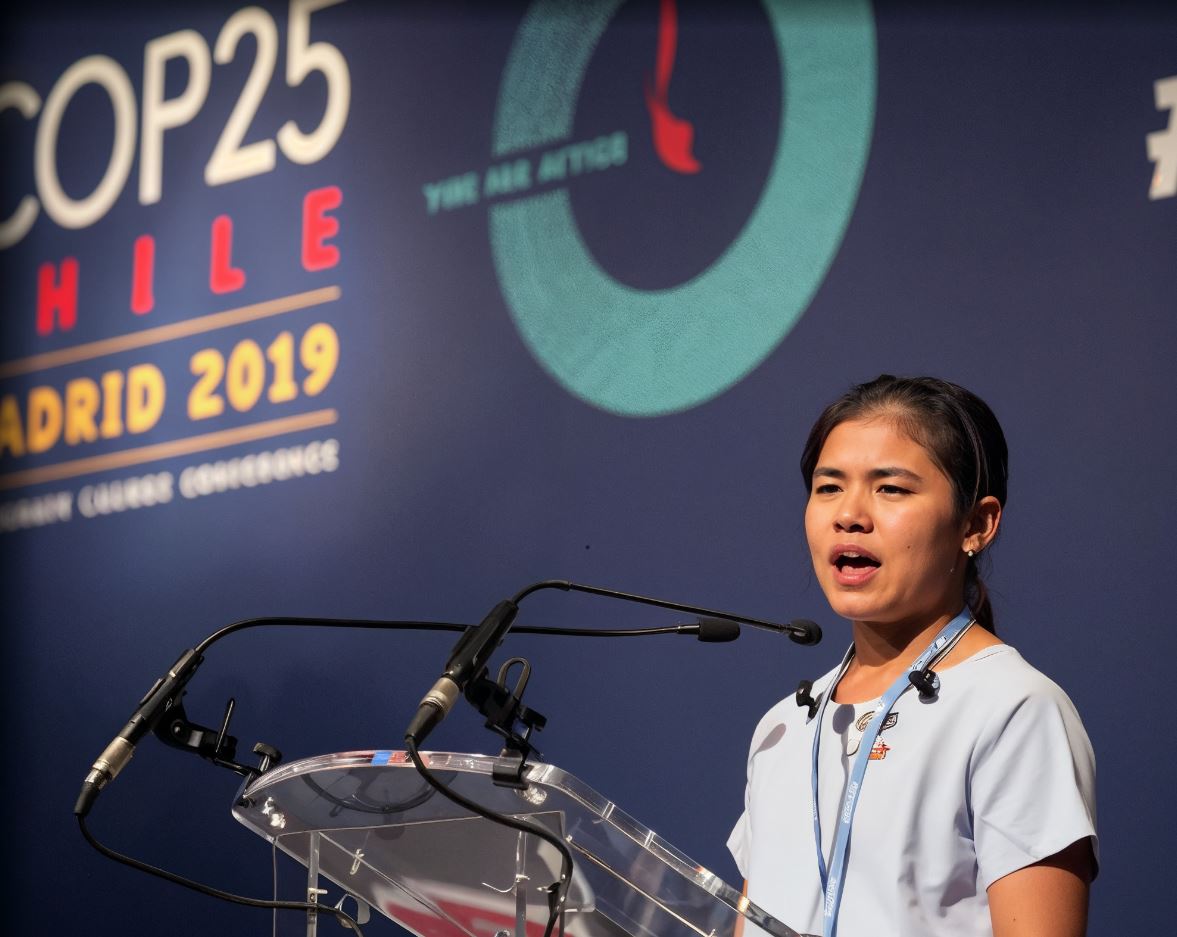
Ryan International Schools’ Approach
At Ryan International Schools, global citizenship education is a core focus. Guided by a framework of Knowledge, Attitude, Skills, and Social & Moral Values, the school nurtures a global mindset in students from a young age.
Indian Model United Nations (INMUN)
In 2001, Ryan Group of Institutions pioneered the Indian Model United Nations (INMUN)—India’s longest-running student-led MUN conference. The 23rd edition of INMUN, held in New Delhi, brought together 1,200 students from over 100 schools across 25 Indian cities and the UAE. Delegates engaged in debates on pressing global challenges like international cooperation and sustainable development. Distinguished guests—including Lok Sabha Speaker Shri Om Birla and ambassadors from the European Union, Denmark, and Iceland—graced the occasion.
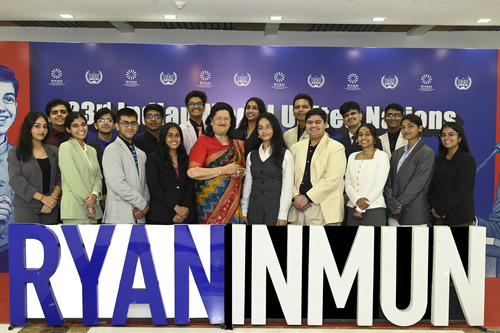
As Dr. Grace Pinto, Managing Director of Ryan Group of Institutions, said:
“Such platforms equip students with the skills of dialogue, consensus, and responsibility, while nurturing confidence and leadership qualities that extend beyond the classroom.”
Global Collaborations
Ryan International Schools have consistently built partnerships with leading global institutions:
Royal Grammar School Guildford (RGSG), UK – In 2025, Ryan announced a landmark collaboration to establish RGSG Bengaluru. This partnership will provide students with international exposure and opportunities to collaborate with RGSG campuses worldwide.
Such alliances strengthen Ryan’s commitment to delivering world-class global citizenship education.
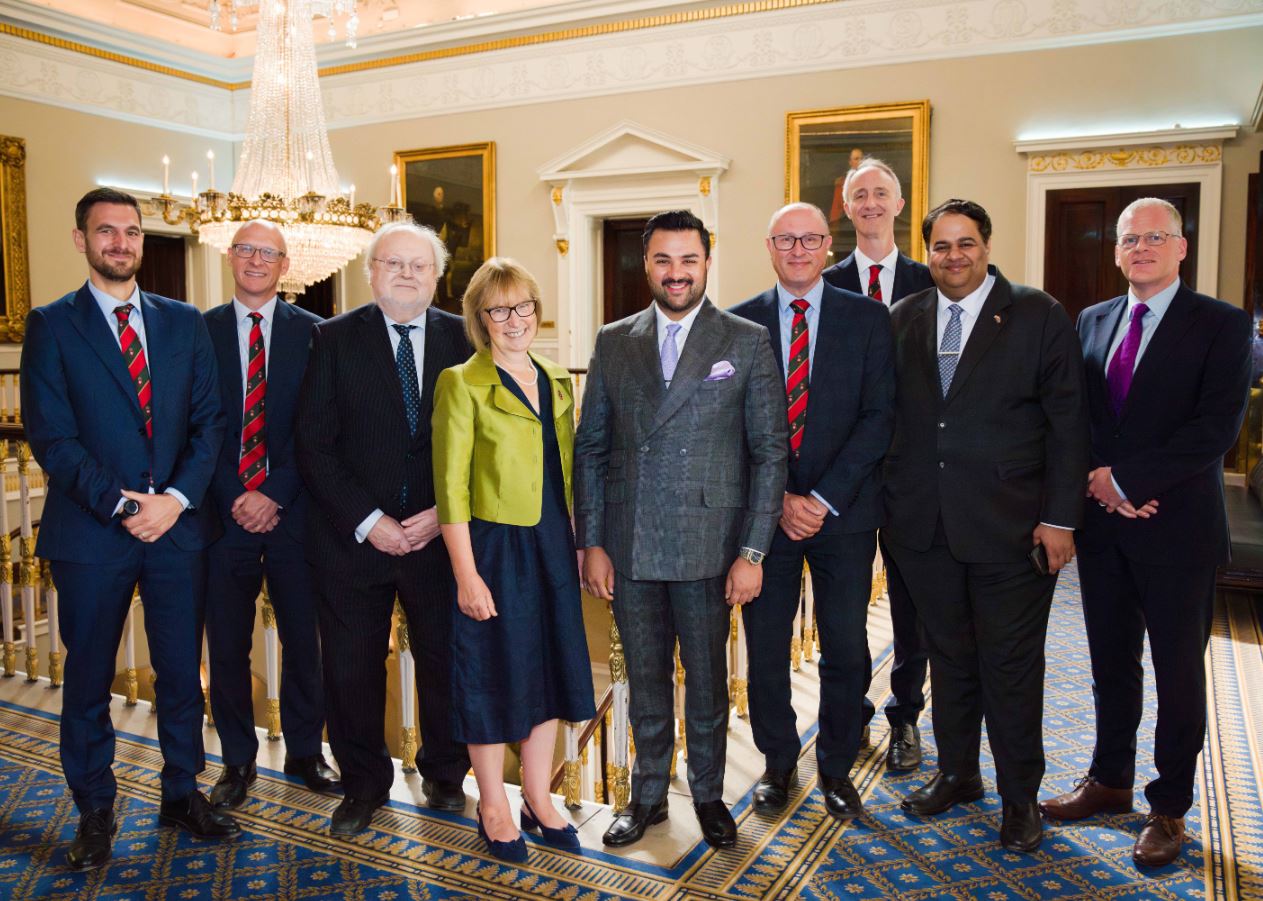
As the world grows more interconnected, raising children as global citizens is no longer optional—it is essential. Schools play a pivotal role in instilling this mindset, while parents must reinforce it at home. Together, we can nurture empathetic, culturally aware, and responsible individuals who will lead the world with compassion and vision.
By cultivating global citizens today, we are building the compassionate leaders of tomorrow—ready to face global challenges and shape a brighter, sustain
